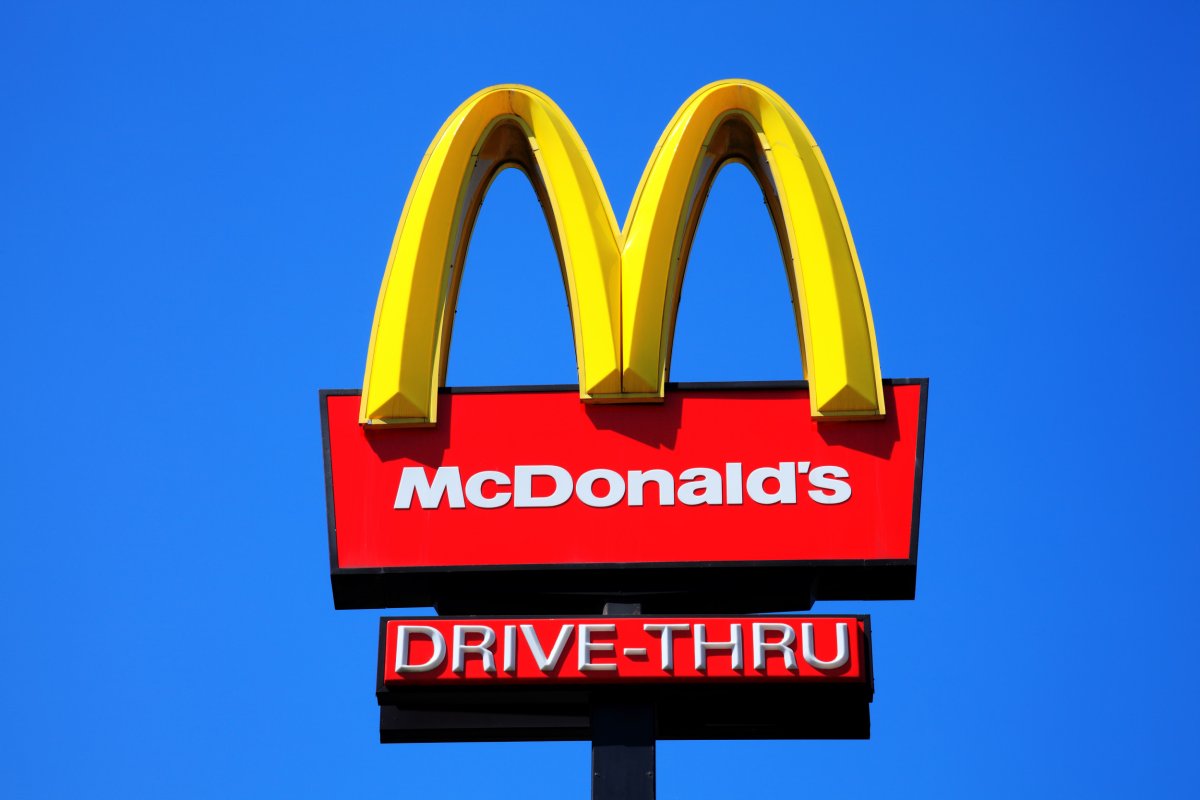McDonald's shares have dropped after the Centers for Disease Control and Prevention (CDC) announced an outbreak of E.Coli has been linked to its Quarter Pounder burgers.
The government agency said 49 cases of E.Coli have been reported in 10 states between September 27 and October 11, with most of the illnesses reported in Colorado and Nebraska. Ten people have been hospitalized, and one person in Colorado has died.
McDonald's shares dropped by 5.8 percent in after-market trading on Tuesday to a low of $282.22, before gaining again to $296.44, not quite recovering to its close price of $314.69.
Newsweek has contacted McDonald's for comment via email outside of regular working hours.

The CDC said in its latest update on October 22: "This is a fast-moving outbreak investigation. Most sick people are reporting eating Quarter Pounder hamburgers from McDonald's and investigators are working quickly to confirm which food ingredient is contaminated. McDonald's has pulled ingredients for these burgers, and they won't be available for sale in some states."
The CDC has reported that slivered onions appear to be the source of the reported illnesses. McDonald's said it has "out of an abundance of caution" stopped selling its Quarter Pounder burgers in restaurants across Colorado, Kansas, Utah and Wyoming, as well as portions of Idaho, Iowa, Missouri, Montana, Nebraska, Nevada, New Mexico, and Oklahoma, while it determines the cause of the outbreak.
"We take food safety extremely seriously and it's the right thing to do," the company said in a statement. Joe Erlinger, president of McDonald's USA, said in a video statement that decisions were made "in close consultation" with the CDC, and that other food items, such as the Hamburger, Big Mac, McDouble and the Double Cheeseburger items are not impacted.
"We are working quickly to return our full menu in these states as soon as possible," Erlinger said. "I hope these steps demonstrate McDonald's commitment to food safety."
E.coli—which stands for Escherichia coli—is a bacteria that normally lives in our intestines, where it's generally harmless. However, some strains can make people sick, and it can be particularly dangerous for at-risk groups, including children under five, adults over 65, and anyone with a weakened immune system.
E. coli infections can produce a range of unpleasant symptoms, including painful stomach cramps, bloody diarrhea and vomiting. Most people cover without needing medical treatment within five to seven days.
Anyone who suspects they have contracted E. coli should contact their healthcare provider if they have severe symptoms, the CDC advises, especially if they are dehydrated and are struggling to keep liquids down.




















 English (US) ·
English (US) ·